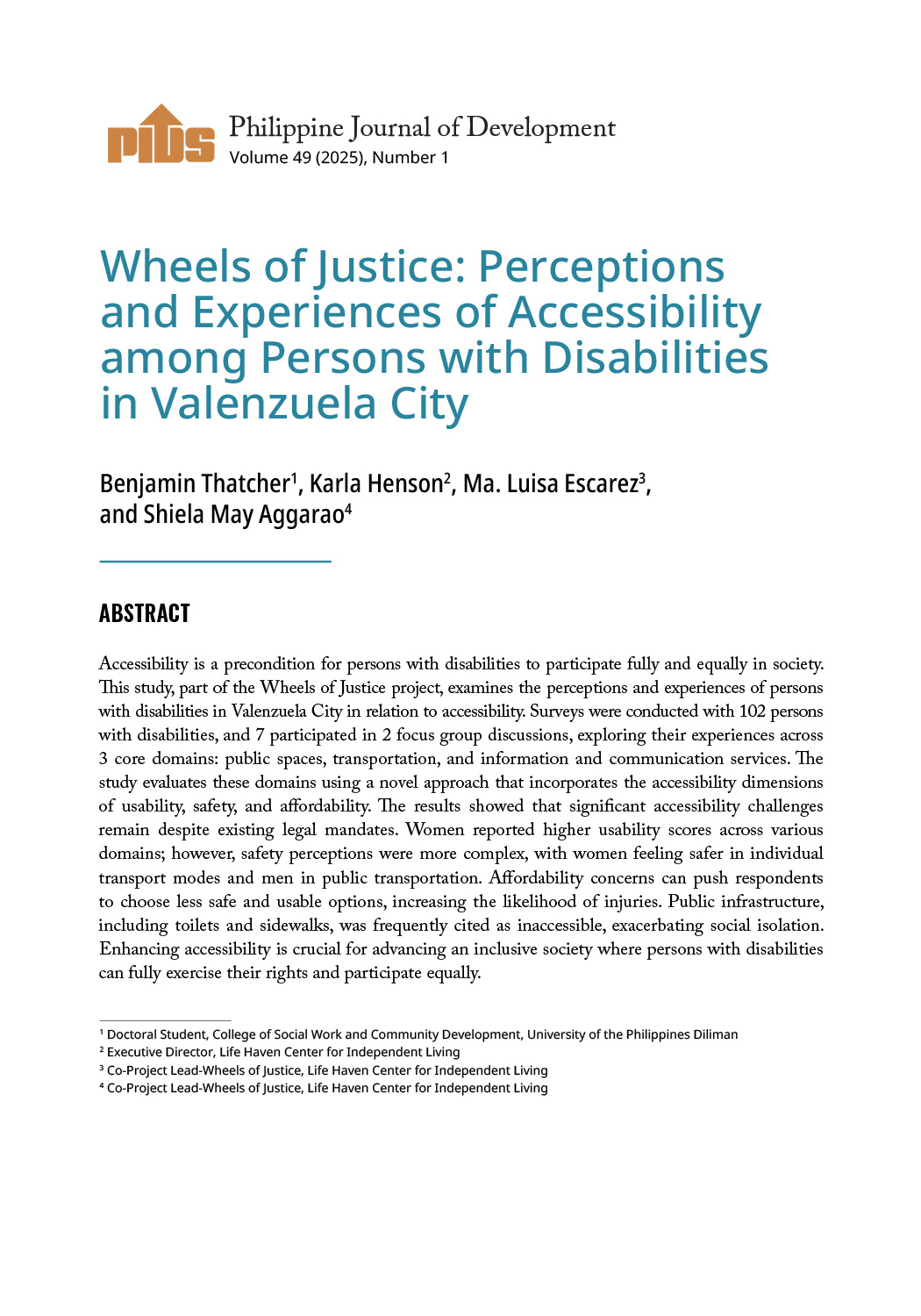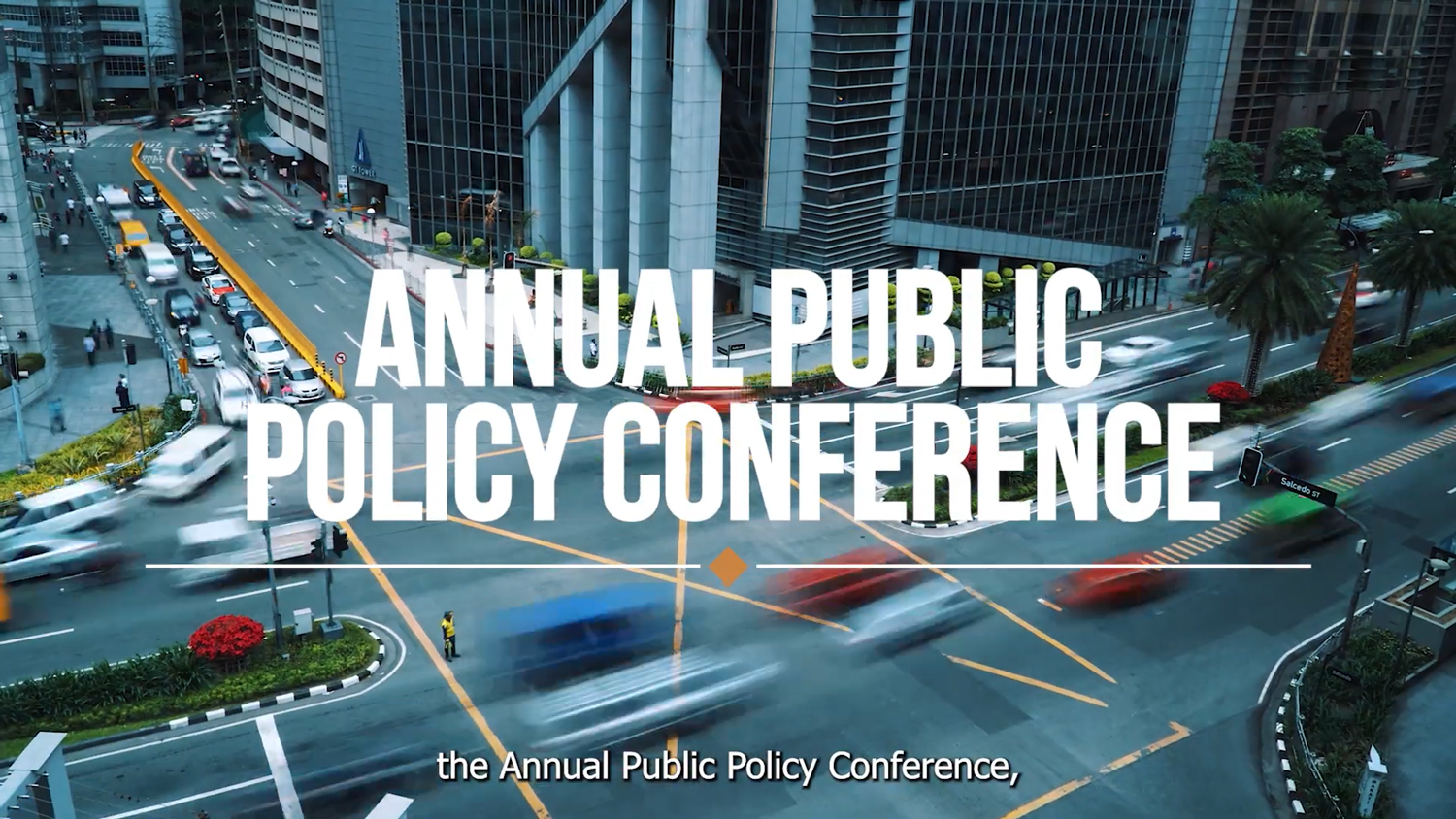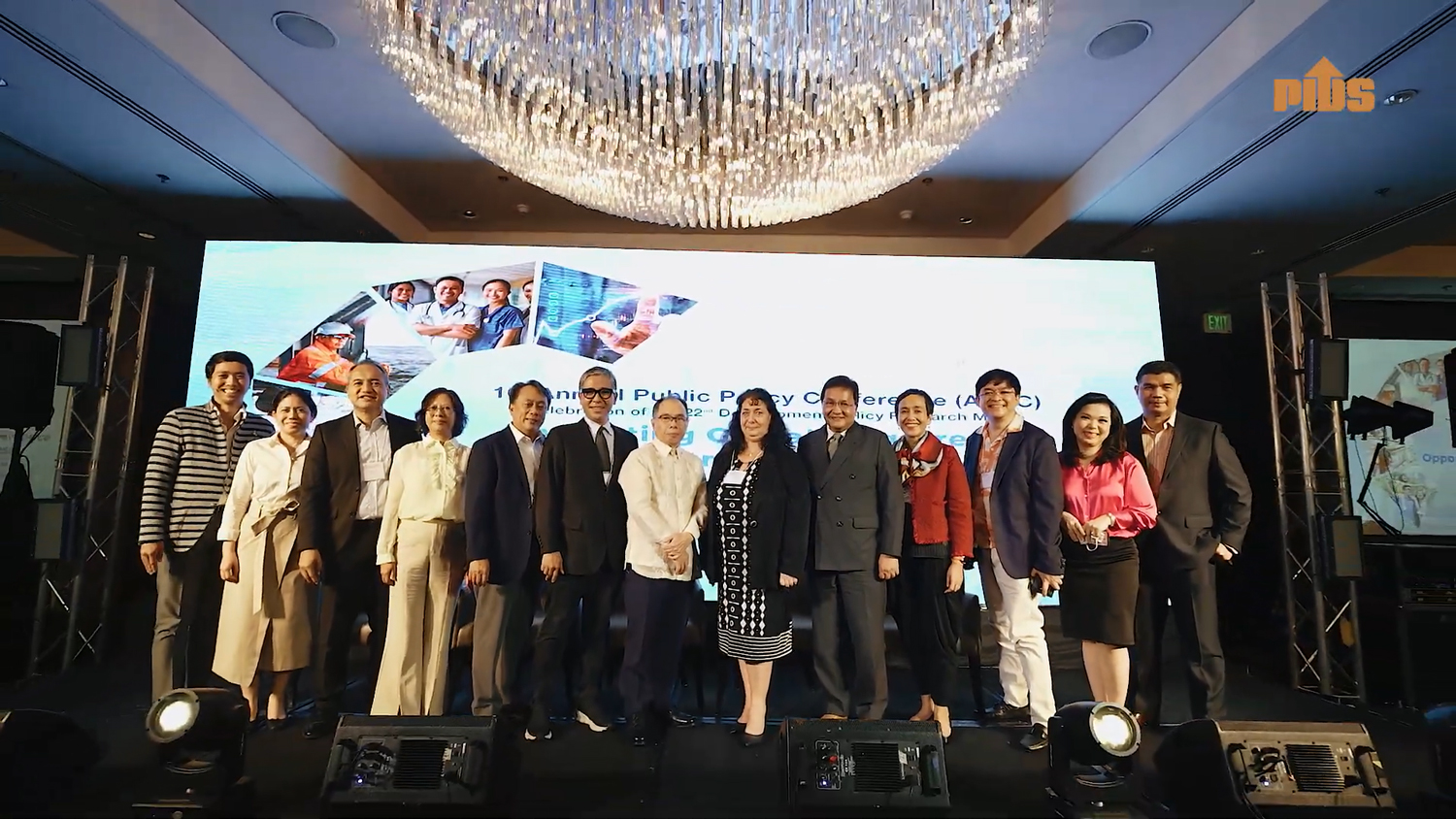Local economists and media experts on Thursday said they see merit in allowing foreign firms to compete with Philippine media outfits, noting that a “more global voice” will make it harder for anyone to influence an industry considered as a vanguard of democracy.
This is in reaction to Socioeconomic Planning Secretary Ernesto M. Pernia’s pronouncement that the government plans to open up media to foreign players as part of its efforts to shorten the country’s Regular Foreign Investment Negative List (RFINL).
Economists said that, if the government can change the constitutional restrictions on mediaownership, the local media industry could even benefit from allowing foreign players to operate in the Philippines.
“The economic advantages outweigh the disadvantages because it can raise media standards, improve technology and foster competition. I believe that we should be more concerned with social and cultural disadvantages than economic disadvantages, since [the] media is a potent force that can influence lifestyles, perspectives and ways of thinking,” University of Asia and the Pacific School of Economics Dean Cid Terosa said.
Terosa added that greater competition will encourage local media outfits to develop their competitive advantages. He said the current media landscape provides only a few big players operating media companies.
He noted that Filipinos need “better media services” from these few big players. The fear of competition, he added, is a “building block of mediocrity”. For his part, Philippine Institute for Development Studies President Gilberto M. Llanto said in an e-mail to BusinessMirror that this will also be good for “capable journalists”, because competition promises better pay and working conditions.
Asian Institute of Journalism and Communication President Ramon Tuazon agreed, saying allowing foreign individuals or “juridical persons” such as corporations to operate media companies would also increase access to new capital. Tuazon said this is an advantage that would be good, even for local media workers.
“The upside is that foreign inputs [capital, expertise, networks, contacts] invested into local media players expands the earning envelope. If those guys are allowed to set up shop and compete with local media players, the latter will be affected only to the extent that they cannot stand up to the competition,” Llanto said.
One of the greatest threats in allowing foreign players in Philippine media is the further loss of revenues that local media outfits could incur. University of the Philippines Department of Journalism Chairman Rachel Khan said local media companies are not earning well as it is. This, Khan added, could “endanger local business with further competition”.
Khan also doubts the timing of this plan, and that revising the Constitution may not be wise, given that this could open the floodgates to revisions that the Philippines does not need at this time. However, she recognized that one advantage is the independence foreign media organizations can bring to Philippine media.
Khan said with foreign owners and a more global view on various issues, it will be more difficult for the government to influence these companies. She added that Philippine media could also have a “more global voice”, which can be useful in certain issues such as human rights.
Tuazon, who worked with Constitution framer Florangel Braid, said the decision to restrict foreign corporations or individuals from owning media companies in the Philippines was brought about by cultural reasons.
He explained that at that time—1986 to 1987—the framers of the Constitution wanted to prevent the “cultural domination of media content” by foreign companies or persons. However, in recent years, Tuazon said this provision has already been overtaken by events, especially with the arrival of cable television and social media, where foreign companies can freely peddle their content not only to Filipinos but also the world.
Instead of focusing on opening media to foreign players or placing a cap on foreign ownership in the country, Tuazon added the government should look more closely at cross-media ownership.
He said some countries have already placed restrictions on cross-media ownership, or the ownership of one or more media companies by single persons or juridical persons, such as corporations. The move, Tuazon said, has been supported by the United Nations Educational, Scientific and Cultural Organization to promote pluralism and diversity.
“It’s not only cross-media ownership but the issue of ownership and control of the same platform, the same media platform. If you are controlling one newspaper and [you also] own one or two other newspapers, that is very dangerous in terms of pluralism and diversity,” Tuazon added.
Pernia said his statement only means liberalizing media ownership. He added the government just wants to ease foreign restrictions in media.
Pernia said this is one of the plans of the Duterte government when it comes to cutting the country’s RFINL, which is scheduled to be presented in the next National Economic and Development Authority (Neda) Board.
“We have to liberalize. Other countries have liberalized already,” Pernia said in a phone interview. “I don’t know what the proportions [of foreign and local ownership] would be. When a bill is proposed, it doesn’t mean it will be passed in its entirety.”
This is not the first time an administration attempted to open media to foreign players. The Arroyo administration also wanted to liberalize the industry, and even included this in the government’s 2004 to 2010 Medium Term Philippine Development Plan. The Neda is tasked to review and revise the country’s RFINL, which contains restrictions on foreign investments and the practice of professions based on the Constitution and Philippine laws.
The RFINL contains investment areas/activities where foreign equity is limited by mandate of the Constitution and specific laws. It also consists of investment areas/activities where foreign-equity participation is limited for reasons of defense, security, risk to public health and morals and protection of small- and medium-sized domestic-market enterprises.
The amendment of the list is headed by the Neda Secretariat, as provided for under Section 8 of Republic Act 7042, or the Foreign Investments Act of 1991, which states that amendments may be made upon the recommendation of the secretary of national defense or the secretary of health, or the secretary of education, endorsed by the Neda, approved by the President and promulgated by a Presidential Proclamation.
This is in reaction to Socioeconomic Planning Secretary Ernesto M. Pernia’s pronouncement that the government plans to open up media to foreign players as part of its efforts to shorten the country’s Regular Foreign Investment Negative List (RFINL).
Economists said that, if the government can change the constitutional restrictions on mediaownership, the local media industry could even benefit from allowing foreign players to operate in the Philippines.
“The economic advantages outweigh the disadvantages because it can raise media standards, improve technology and foster competition. I believe that we should be more concerned with social and cultural disadvantages than economic disadvantages, since [the] media is a potent force that can influence lifestyles, perspectives and ways of thinking,” University of Asia and the Pacific School of Economics Dean Cid Terosa said.
Terosa added that greater competition will encourage local media outfits to develop their competitive advantages. He said the current media landscape provides only a few big players operating media companies.
He noted that Filipinos need “better media services” from these few big players. The fear of competition, he added, is a “building block of mediocrity”. For his part, Philippine Institute for Development Studies President Gilberto M. Llanto said in an e-mail to BusinessMirror that this will also be good for “capable journalists”, because competition promises better pay and working conditions.
Asian Institute of Journalism and Communication President Ramon Tuazon agreed, saying allowing foreign individuals or “juridical persons” such as corporations to operate media companies would also increase access to new capital. Tuazon said this is an advantage that would be good, even for local media workers.
“The upside is that foreign inputs [capital, expertise, networks, contacts] invested into local media players expands the earning envelope. If those guys are allowed to set up shop and compete with local media players, the latter will be affected only to the extent that they cannot stand up to the competition,” Llanto said.
One of the greatest threats in allowing foreign players in Philippine media is the further loss of revenues that local media outfits could incur. University of the Philippines Department of Journalism Chairman Rachel Khan said local media companies are not earning well as it is. This, Khan added, could “endanger local business with further competition”.
Khan also doubts the timing of this plan, and that revising the Constitution may not be wise, given that this could open the floodgates to revisions that the Philippines does not need at this time. However, she recognized that one advantage is the independence foreign media organizations can bring to Philippine media.
Khan said with foreign owners and a more global view on various issues, it will be more difficult for the government to influence these companies. She added that Philippine media could also have a “more global voice”, which can be useful in certain issues such as human rights.
Tuazon, who worked with Constitution framer Florangel Braid, said the decision to restrict foreign corporations or individuals from owning media companies in the Philippines was brought about by cultural reasons.
He explained that at that time—1986 to 1987—the framers of the Constitution wanted to prevent the “cultural domination of media content” by foreign companies or persons. However, in recent years, Tuazon said this provision has already been overtaken by events, especially with the arrival of cable television and social media, where foreign companies can freely peddle their content not only to Filipinos but also the world.
Instead of focusing on opening media to foreign players or placing a cap on foreign ownership in the country, Tuazon added the government should look more closely at cross-media ownership.
He said some countries have already placed restrictions on cross-media ownership, or the ownership of one or more media companies by single persons or juridical persons, such as corporations. The move, Tuazon said, has been supported by the United Nations Educational, Scientific and Cultural Organization to promote pluralism and diversity.
“It’s not only cross-media ownership but the issue of ownership and control of the same platform, the same media platform. If you are controlling one newspaper and [you also] own one or two other newspapers, that is very dangerous in terms of pluralism and diversity,” Tuazon added.
Pernia said his statement only means liberalizing media ownership. He added the government just wants to ease foreign restrictions in media.
Pernia said this is one of the plans of the Duterte government when it comes to cutting the country’s RFINL, which is scheduled to be presented in the next National Economic and Development Authority (Neda) Board.
“We have to liberalize. Other countries have liberalized already,” Pernia said in a phone interview. “I don’t know what the proportions [of foreign and local ownership] would be. When a bill is proposed, it doesn’t mean it will be passed in its entirety.”
This is not the first time an administration attempted to open media to foreign players. The Arroyo administration also wanted to liberalize the industry, and even included this in the government’s 2004 to 2010 Medium Term Philippine Development Plan. The Neda is tasked to review and revise the country’s RFINL, which contains restrictions on foreign investments and the practice of professions based on the Constitution and Philippine laws.
The RFINL contains investment areas/activities where foreign equity is limited by mandate of the Constitution and specific laws. It also consists of investment areas/activities where foreign-equity participation is limited for reasons of defense, security, risk to public health and morals and protection of small- and medium-sized domestic-market enterprises.
The amendment of the list is headed by the Neda Secretariat, as provided for under Section 8 of Republic Act 7042, or the Foreign Investments Act of 1991, which states that amendments may be made upon the recommendation of the secretary of national defense or the secretary of health, or the secretary of education, endorsed by the Neda, approved by the President and promulgated by a Presidential Proclamation.












